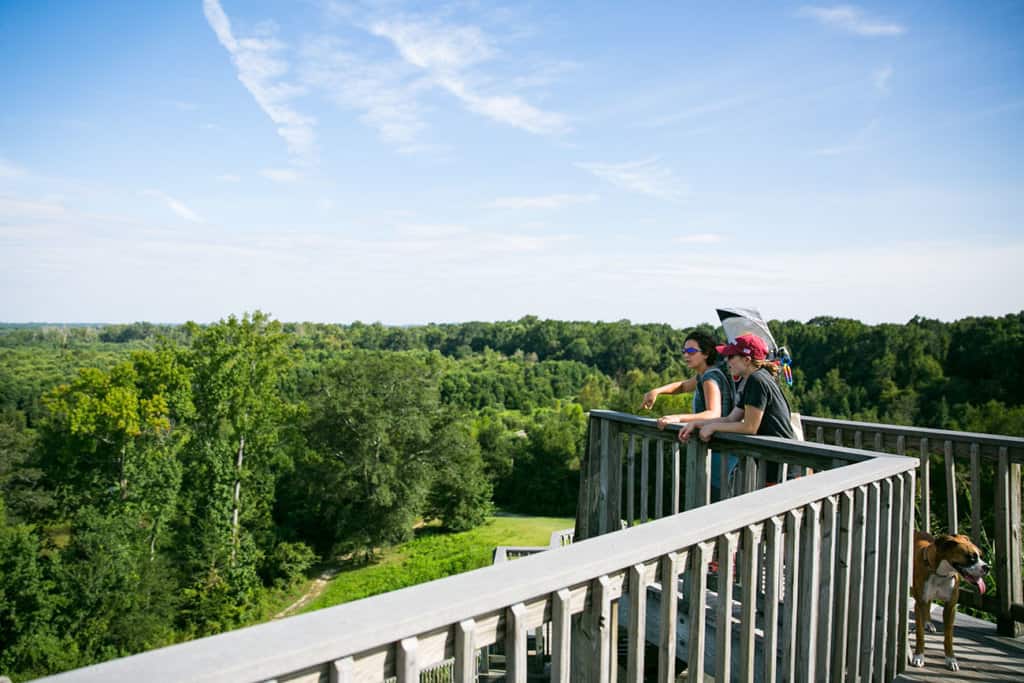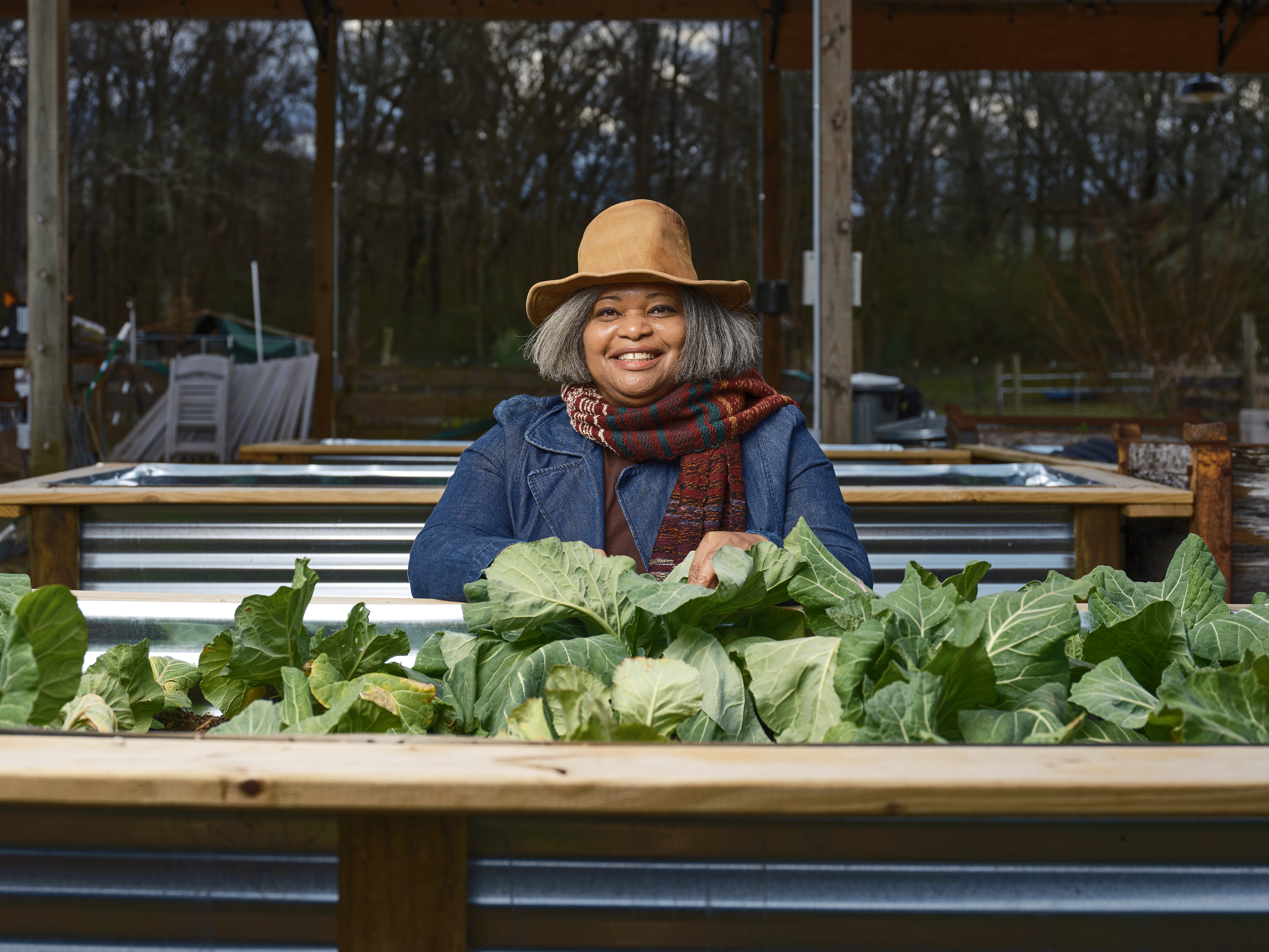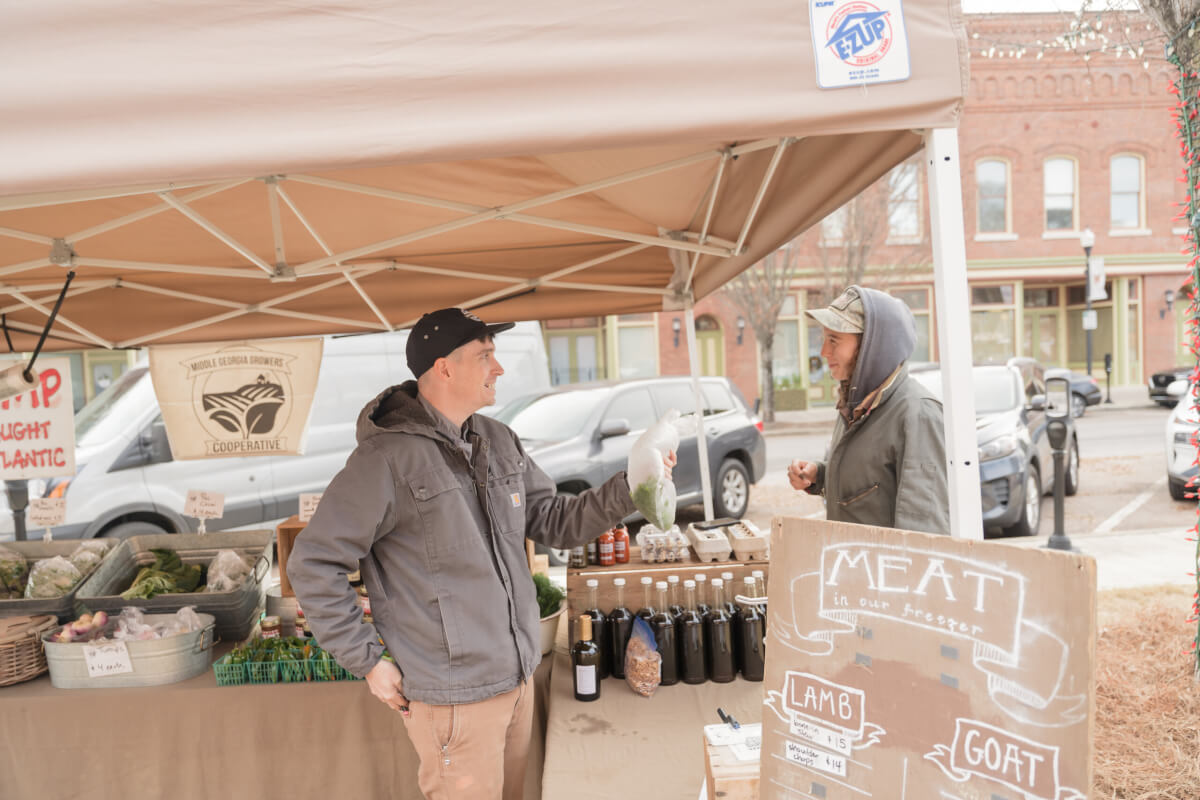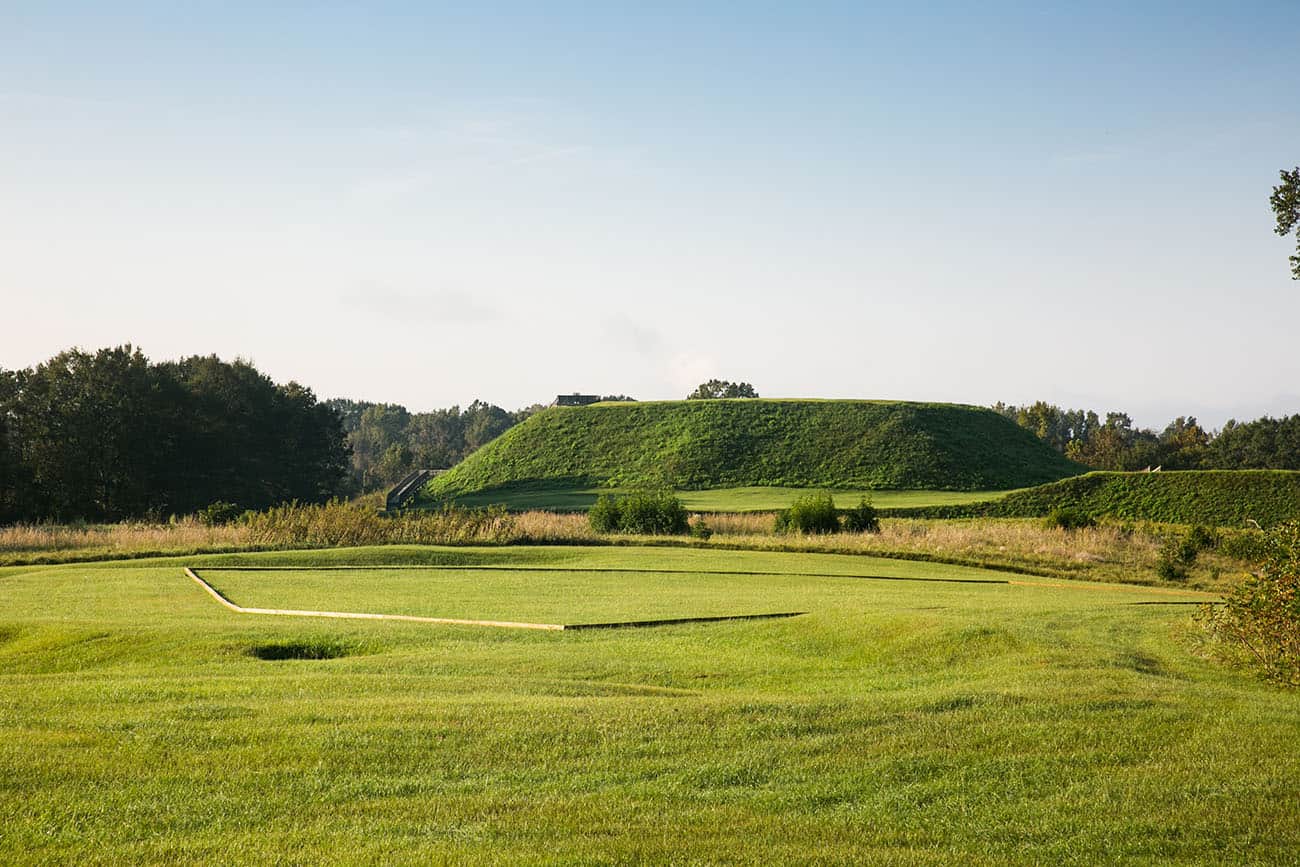
‘An Opportunity We Better Not Miss’
Expansion of Ocmulgee Mounds will have broad impact on everything from tourism to conservation efforts
By Michael W. Pannell
Photography by Christopher Smith
There are six miles of trails to walk among the mounds, grassy fields, woodlands and wetlands of Ocmulgee Mounds National Historic Park.
The park, as originally organized in 1934, was called the Ocmulgee National Monument and comprised 678 acres along the Ocmulgee River in east Macon.
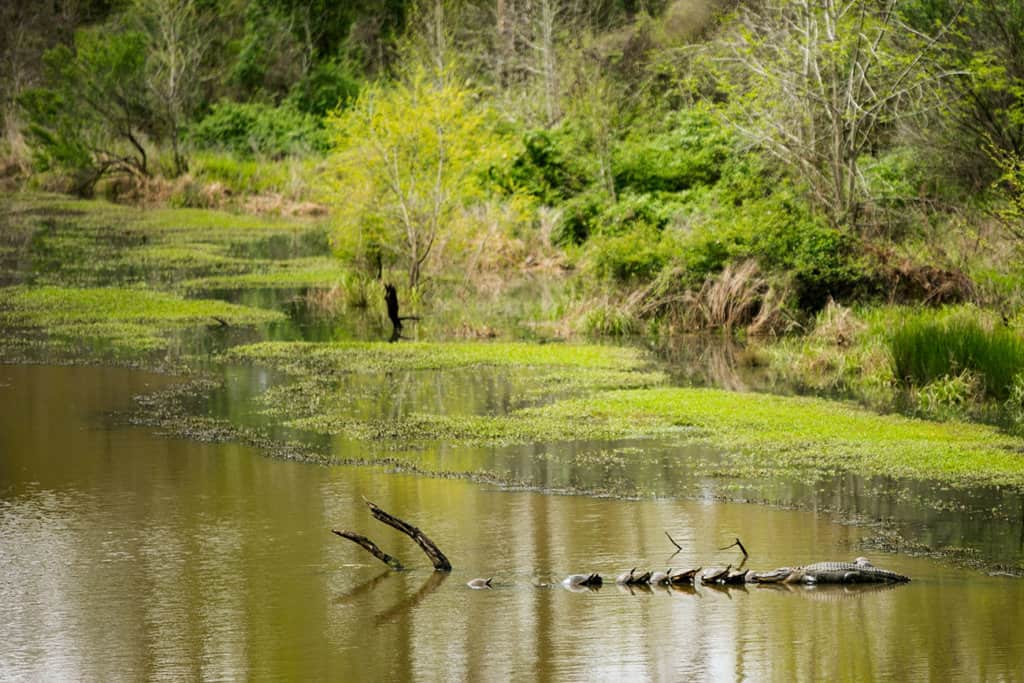
In March, legislation gave the site federal approval to expand to a potential 2,800 acres and wear the new Ocmulgee Mounds National Historic Park moniker. It took years of arduous effort by community members, legislators and park superintendent Jim David to make it so.
“We’re all thrilled to see this happen after working for it for so many years,” David said. “There’s been a string of people — from the very beginning until now— to see the fulfillment of what I’ve always considered an unfulfilled dream.”
David has a list of people, community leaders and others, who envisioned the Ocmulgee National Monument’s expansion to better preserve the land and highlight its importance. Among them, he noted John Wilson, who in the early 2000s championed the concept of making the site Georgia’s first national park and even seeing it extended along the Ocmulgee River all the way to Hawkinsville – what many refer to as the Ocmulgee corridor.
Greater Macon Chamber of Commerce officials have played key roles for decades in seeking expansion for the Ocmulgee National Monument and increased recognition of its important past, present and future.
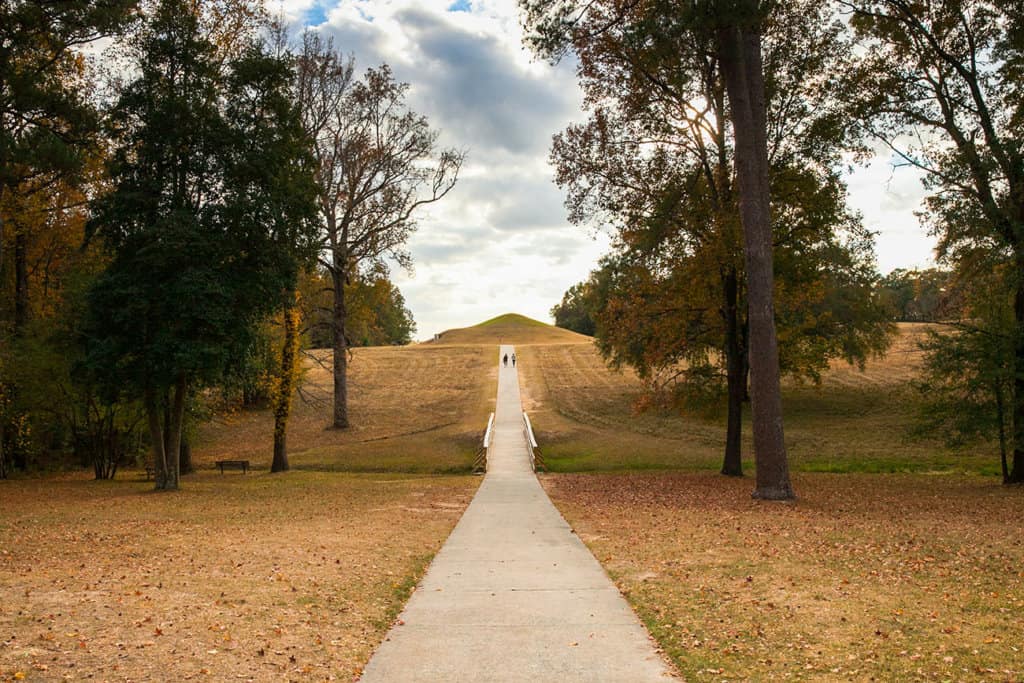
“It’s amazing to have this kind of proximity to what’s now a national park,” said Yvonne Williams,chamber president and CEO. “We’ve long cherished the monument and helped lead efforts for it tobecome a park and grow as a historic and recreational venue. The current six miles of trails will seem like nothing in days ahead. I envision more and more hiking and biking trails within the park—but even more, I see it becoming the hub of a trail network connecting not just to Macon-Bibb but reaching into a number of other counties.”
ONPPI leads the charge
The Ocmulgee National Park and Preserve Initiative (ONPPI) is a community-based organization continuing the work to expand the park and see that each available new acre is included in park grounds.
Officially formed in 2010, member’s efforts predate that year and echo the similar work done by their 1930s predecessors who established the park. Both groups saw the historical, cultural and economic importance of the land and its mounds, which served as home to a variety of Native American cultures.
Bill Solomon is a senior vice president and chief legal counsel for Mercer University and an ONPPI volunteer. Interestingly, he is the great nephew of Linton Solomon, a leader of the original 1930s pro-park group.
“I have my own regard for Native American culture and to me, there’s a sense of justice involved inthe project,” he said. “I suppose my desire to see the land honored, expanded and protected springs from my own desire and from a family legacy. It’s come full circle for me but it’s part of all our heritage and something we all should be excited about.”
The early and latter groups both saw the land’s natural ecological value and sought federal protection for it through the National Park Service, though neither got accompanying federal funds to secure property.
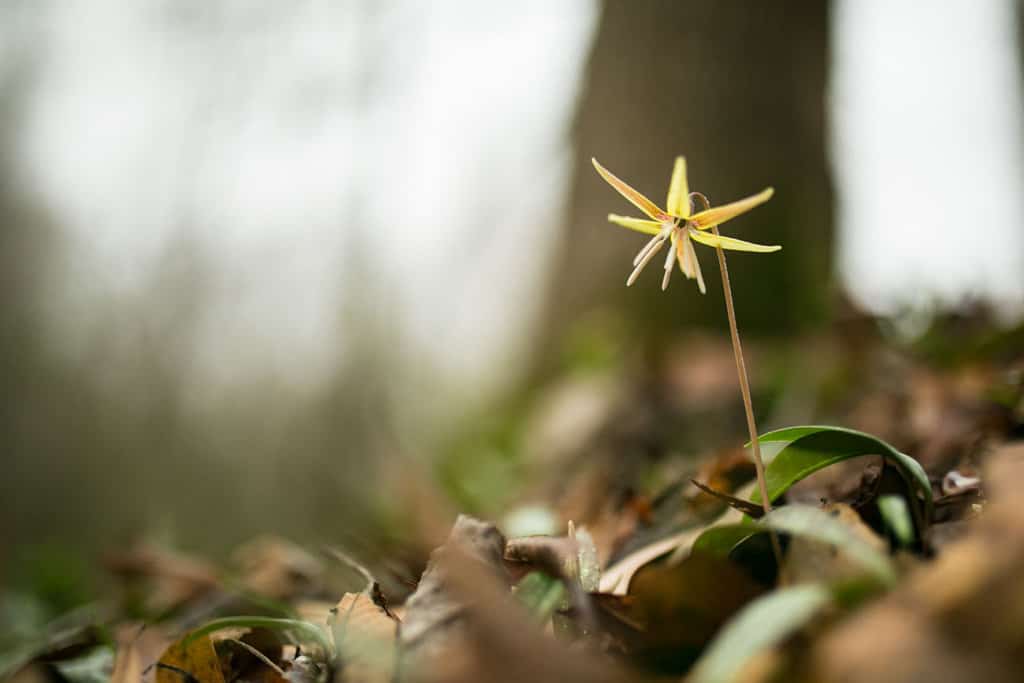
However, both took the challenge to raise money to purchase land for donation to the park.
That’s where things stand now for the ONPPI and wider Middle Georgia community: Funds must be raised to buy property to expand the park.
“It’s an opportunity we better not miss,” said Macon attorney Brian Adams, president of the ONPPI board. “Our next steps are already underway to raise money. We’re going to foundations, corporations and the whole community for it and we’re in conversations with landowners. I expect it could take $5 million to $10 million to do what we need to do.”
Adams said that a large section of newly approved acreage is owned by the Georgia Department of Transportation, which will donate it. Another section is owned by Macon-Bibb County and Adams anticipates it will be donated as well. He said the rest is in the hands of three or four independent landowners.
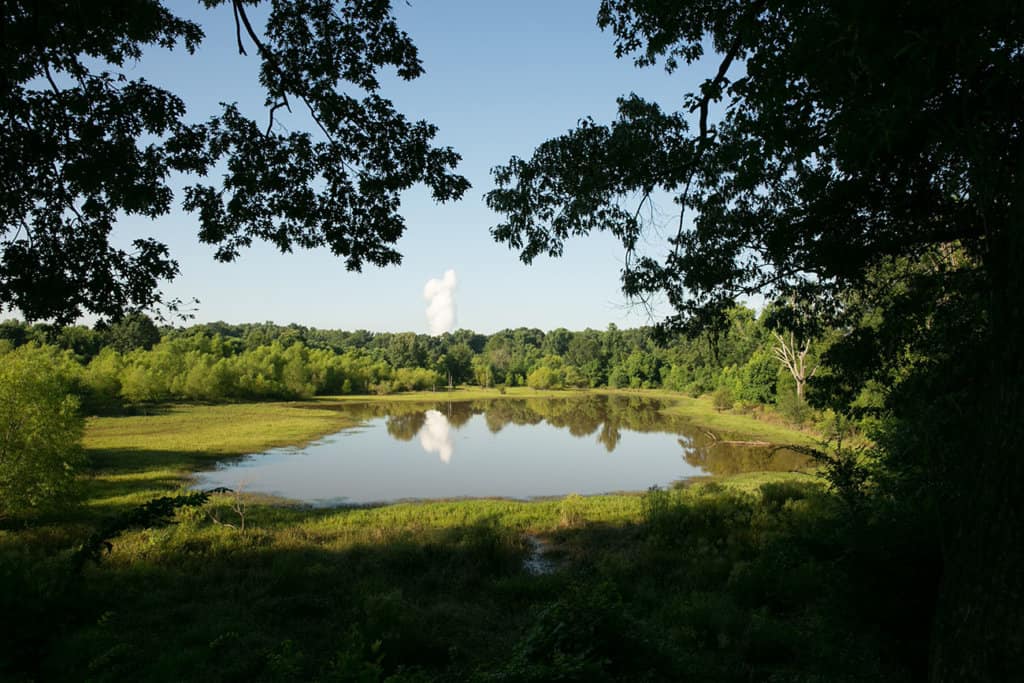
Local and national impact
Adams and others see the many-faceted results of the project having impact locally and across the U.S. A study funded largely by the John S. and James L. Knight Foundation projected that an expanded, enhanced park along the Ocmulgee corridor would cause as much as a six-fold increase in visitation within 15 years.
It projected a pre-expansion potential visitor-base of 207,607 growing to 1.3 million by 2031 with expansion. Dollars spent could climb to $233.4 million annually versus $26.7 million without expansion. The study said such expansion could define a “new trajectory” for Middle Georgia.
More broadly, the park’s impact could extend all the way to Oklahoma and the Muscogee (Creek) Nation that once called the Ocmulgee Mounds area home. Ties have been strengthened in recent years between the Muscogee and the Ocmulgee Mounds National Historic Park, largely through the work ofpark superintendent David and Muscogee Nation Principal Chief James Floyd.
At David’s invitation, Floyd has attended the last two annual Ocmulgee Indian Celebrations at the park and brought nation-members with him. He also was present for a celebration after news came that legislation expanding the park had been signed.
“It’s obviously important that our culture and history are preserved and the Ocmulgee lands are very much part of that,” Floyd said. “We want people to have correct information about us, and the best way that can happen in the Macon area is for people to meet and get to know us. It’s an enjoyable relationship we have with Macon and the greater Central Georgia community, and I’m appreciative of what’s being done to preserve our historic lands.”
Representatives of the Inter-Tribal Council of the Five Civilized Tribes, which includes the Muscogee, Cherokee, Chickasaw, Choctaw and Seminole nations, supported legislation for park expansion.
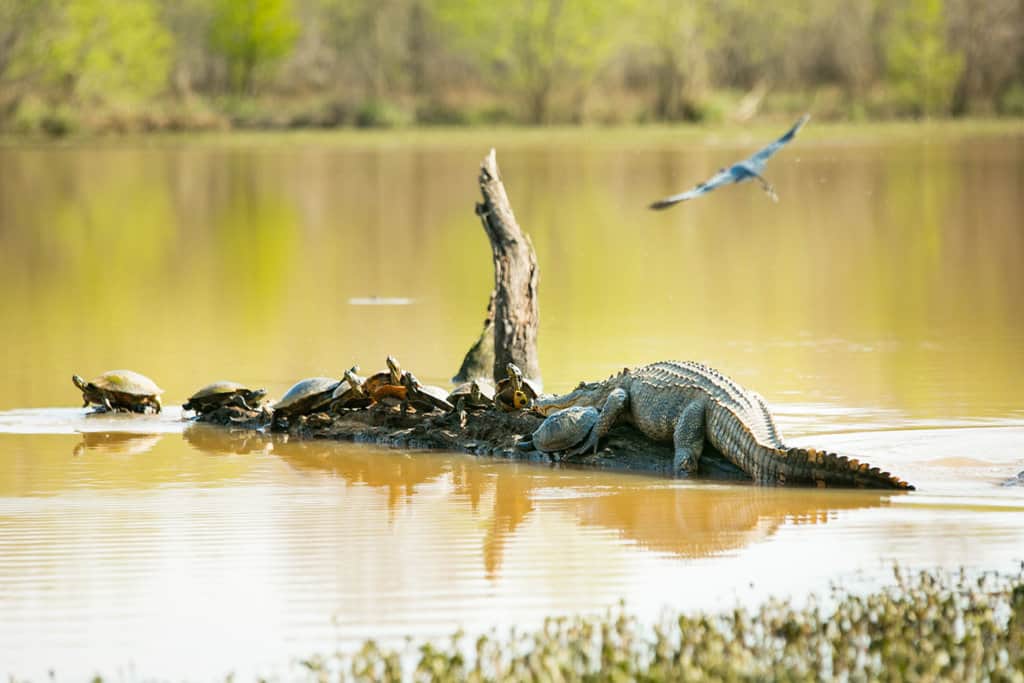
Preservation for generations
As great as conservation efforts and economic growth is, the significance of preservation and expansion of Ocmulgee Mounds for future generations is of no less importance, particularly for Muscogee young people.
“It’s uplifting coming to the Ocmulgee Mounds for many reasons,” Floyd said. “The collaboration we have and support we see in the community is one thing, but it’s also important our young people get to visit and see their historic home. It feeds our soul and gives a sense of pride. A strength comes from seeing that the land — the land we were forcibly removed from — is getting the care and concern it deserves. I’m looking forward to more involvement and future programs for our young people at Ocmulgee Mounds. There’s a new chapter opening between us.”
While efforts to raise funds mount, so does work to further extend the Ocmulgee Mound’s acreage along the Ocmulgee corridor to Hawkinsville.
“That’s the dream,” Adams said. “It will cost more, but that’s the dream. I think it can and should be done.”
Adams said the bill that designated new land and gave the park a new name also authorized a three-year study to explore the idea. The Ocmulgee corridor, according to Adams, includes diverse animal and plant populations and is a last remaining southeastern wild area.
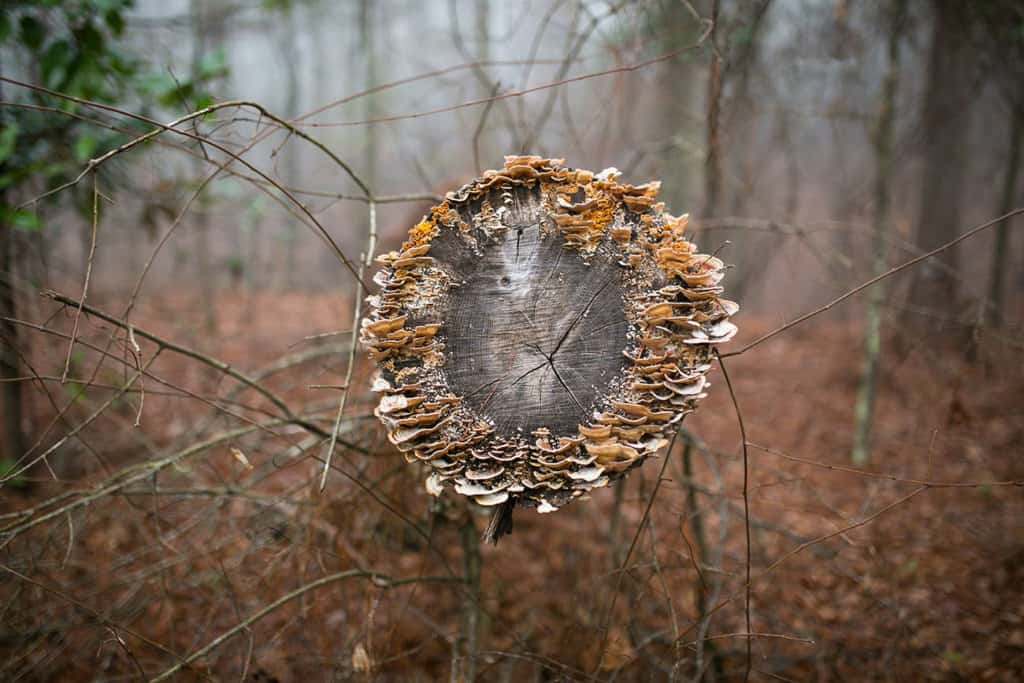
He said preserving the corridor will provide opportunities to protect fragile resources, offer educational opportunities and would open greater recreational possibilities for activities such as fishing, hunting, canoeing, kayaking, camping and more. It also would allow the park’s name to be changed yet again, possibly to the Ocmulgee Mounds Historic Park and Preserve.
A new study by Mercer University supports the further expansion of Ocmulgee Mounds along the corridor due to its unique national significance and points to the large number of historically and culturally significant sites within five miles of the river. It states discoveries have been made anywhere archaeologists have looked within the corridor’s footprint and maintains hundreds of important archaeological sites remain yet to be documented.
“Like I said,” Adams emphasized, “we have an opportunity we better not miss.”
Gary Wheat, president and CEO of Visit Macon, noted that benefits of the expansion and current renaming of the site aren’t just future benefits.
“It’s very significant that the name changed from ‘monument’ to ‘park,’” he said. “The new designation is significant in itself because of how people nationwide and even internationally look at it. There area lot of people who spend their downtime and vacation dollars visiting national parks and now we’re a park rather than a monument. The fact we’re the newest national park will even be an attraction.”
He said including “mounds”in the name is also a plus.
“That gives a clearer, immediate explanation of what’s here and will attract people, too,” he said.“We’ll see a marked increase in tourism in just the next five years. I’ve joked that the smartest thing somebody might do is open an RV park across the street from Ocmulgee Mounds because there’s a surprising number of people who spend their time ‘RVing’ from one park to another. All that presents an opportunity right now in addition to the archeological and preservation aspects. What’s happened is no small thing.”
